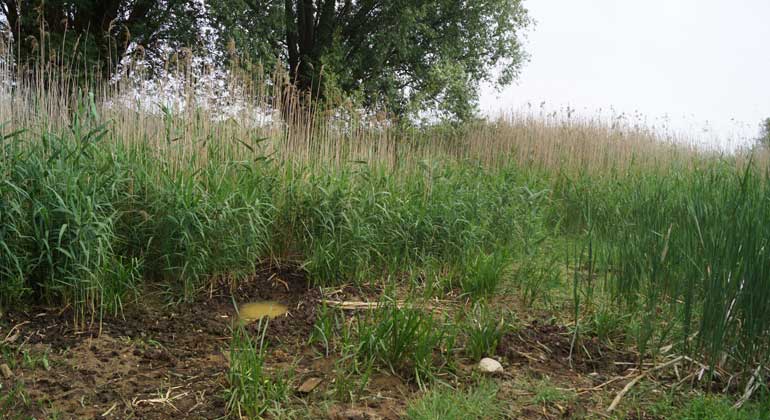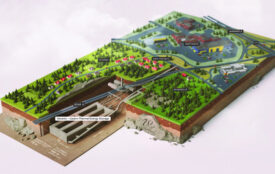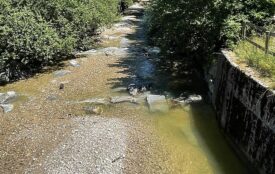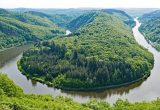Many protected areas in Germany are not fit for climate change
Climate change poses manifold new challenges to society. It is not just human health being affected or land use systems that have to cope with increasing temperatures, change of rainfall regime, as well as the rise of extreme events and the fluctuation of weather conditions.
Equally, the endeavour of protecting nature has to consider climate change, as valuable ecosystems are rapidly changing. A team of researchers with Eberswalde University for Sustainable Development and Potsdam University developed criteria for adaptation to climate change in conservation management and analysed selected protected areas in Germany. The results published in PLoS ONE are alarming: despite many years of climate change discourse, conservation management largely is not prepared for climate change. Especially European protected areas (EU system of Natura 2000) show a poor performance.
In the study, climate change-robust conservation management was defined using 11 principles and 44 criteria, which followed an approach similar to sustainability standards. “Actually, our approach is based on universal scientific criteria; it can be used for assessing and certifying performance of protected areas worldwide, and also as a guideline for elaborating management plans”, says first author Juliane Geyer from Eberswalde University for Sustainable Development.
The authors analysed management plans of 60 carefully selected protected areas and see enormous deficits. Climate change-robustness of protected areas mostly ranks in the lower quarter of the potential quality. Stefan Kreft, co-author, and chair of the Policy Committee of the Europe Section of the Society for Conservation Biology states: “It is striking that mostly Natura 2000 protected areas, established under conservation legislation of the European Union, belong to the sites with especially poor performance, with lower values in smaller areas”.
The lack of appropriate depth in addressing the principles of climate change-robust conservation management might imply that the necessary competence are still deficient in many protected area administrations and need to be developed.
“For more than a decade, we are now trying to put the topic of climate change into the local and national conservation agendas, affirms research supervisor Pierre Ibisch, “Scientific evidence clearly suggest that we have to act. Still, many actors and authorities tend to ignore the clearly difficult challenge. There are simply not enough resources for management responses to environmental change, and threats are concrete and real. For instance, we know protected wetlands that have completely dried out and lost valuable species and ecological functions”.
“Assessing Climate Change-Robustness of Protected Area Management Plans – the Case of Germany”








